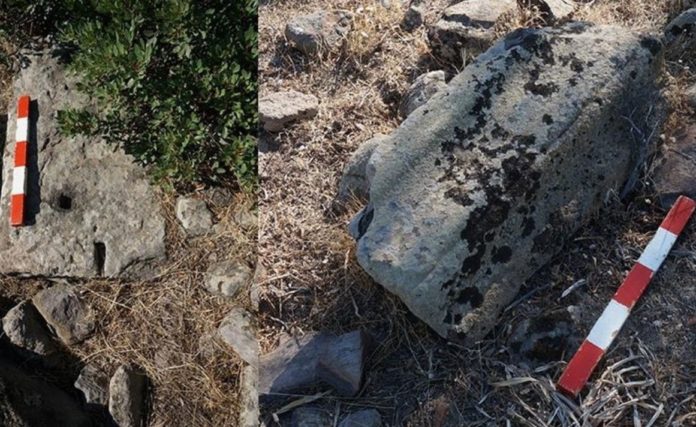A team of Turkish scientists and archaeologists discovered the remains of a 2,500-year-old Aphrodite temple on the Urla-Cesme peninsula in western Turkey.
Archaeologists examined an area of 1,600 square meters covering parts of the Urla, Cesme and Seferihisar districts of Izmir in western Turkey. As a result, 35 human settlements from the prehistoric era were discovered, including 16 from the late Neolithic period.
In addition, an important social and economic network had been discovered, said Elif Koparal of Mimar Sinan University, which is directing excavations in the area.
2,500-year-old Aphrodite temple discovered in Turkey https://t.co/iDGog0y9xn pic.twitter.com/741Z2GBaDu
— ANADOLU AGENCY (ENG) (@anadoluagency) January 2, 2021
“During our screening of the surface, we detected the Aphrodite Temple from 6th century B.C. Aphrodite, a common cult back then. It is a fascinating and impressive discovery,” Koparal said.
- Brief Anger Hampers Blood Vessel Function Leading to Increased Risk of Heart Disease and Stroke – New Study
- New Blood Test Pinpoints Future Stroke Risk – Study Identifies Inflammatory Molecules as Key Biomarker
- Enceladus: A Potential Haven for Extraterrestrial Life in its Hidden Ocean Depths
- New Experiment: Dark Matter Is Not As ‘DARK’ As All We Think
- Scientists in Fear of This New Predator From Red Sea Eating Native Species in Mediterranean
Archeologists conducting research in Urla reach 2500 yr old ruins of Aphrodite templehttps://t.co/xgGBqvGyas#Turkey #travel #historical #ruins #Aphrodite #temple #excavations pic.twitter.com/ZvIv3uwzpU
— Business Turkey (@businessturkey) January 3, 2021
Aphrodite is an ancient Greek goddess associated with love, beauty, pleasure, passion, and procreation. Its worship was very common at that time.
The archaeologist explained that the first traces of the temple were discovered in 2016.
He also noted that, together with his team, he had worked with the inhabitants of the area during the several years of the excavation. Locals helped protect valuable artifacts from smugglers and illegal treasure hunters.
